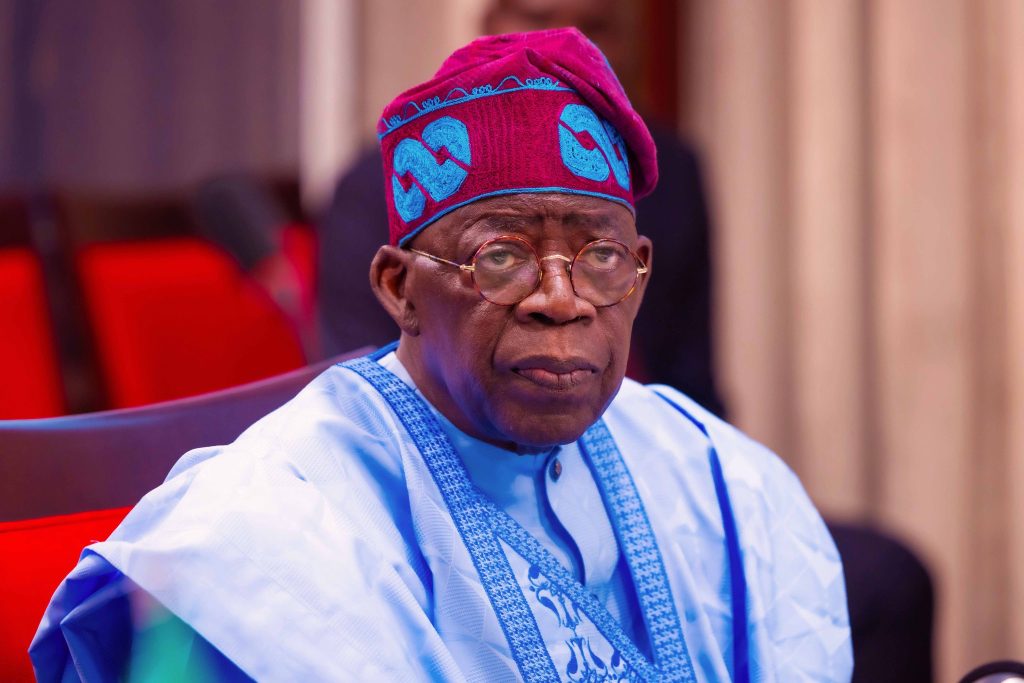Nigeria, a country richly endowed with petroleum resources, has had a longstanding, albeit puzzling, tradition in its governance structure: Presidents appointing themselves as the Minister of Petroleum Resources.
The 1999 Constitution of Nigeria provides the president with wide-ranging powers to create ministerial positions and delegate responsibilities.
While this legal framework empowers presidents to consolidate authority, it may have led to the centralisation of power in the case of assigning the petroleum ministerial portfolio to themselves.
How it started
The genesis of this peculiar practice can be traced back to the presidency of Olusegun Obasanjo in 2003. But why did he choose to wear the dual hats of President and Minister of Petroleum Resources? One plausible explanation lies in trust—or a lack thereof.
Obasanjo, keen on revamping Nigeria’s oil sector, may have believed that assuming the role himself was the surest way to ensure transparency and efficiency. However, this trust-driven decision raises crucial questions: Does this practice indeed enhance trust, or does it have the opposite effect?
The current president, Bola Tinubu, in his ministerial appointment, reorganised the Ministry of Petroleum Resources, naming Ekperipe Ekpo as Minister of State, (Gas), and Heineken Lokpobiri as Minister of State (Petroleum). With two ministers of state in the sector, it appears that the president has kept the position of substantive Minister of Petroleum Resources to himself, as his predecessor, Muhammadu Buhari, did.
The decision to serve as both President and Minister of Petroleum Resources carries significant implications. First and foremost, it places an immense workload on the president, who is already tasked with overseeing all government ministries and sectors. This heavy burden can hinder effective governance and lead to a lack of attention to other pressing issues.
Additionally, this duality clouds transparency and accountability. When a president holds the petroleum portfolio, it becomes challenging for the National Assembly and the media to subject the sector to rigorous scrutiny. Criticisms may be viewed as attacks on the government, thereby stifling meaningful discussions and reforms.
The tradition warrants reevaluation
Buhari continued the practice initiated by Obasanjo, taking on the Minister of Petroleum Resources role during his presidency. However, his tenure was marked by significant challenges within the petroleum sector. Crude oil production declined, oil theft escalated, and the fuel subsidy issue remained largely unaddressed. These challenges beg the question: Does having a president at the helm of the petroleum sector guarantee success and effective management?
One of the most pressing concerns surrounding this practice is the lack of accountability. While the National Assembly can summon ministers for questioning, summoning a president who holds the petroleum portfolio poses a political minefield. As a result, critical issues relating to the petroleum sector often escape thorough scrutiny, leaving room for mismanagement and corruption.
The petroleum sector demands specialised knowledge, innovation, and practical solutions. The president, burdened with myriad responsibilities, may not possess the expertise and focus required for optimal sector management. Appointing a dedicated Minister of Petroleum Resources with the requisite qualifications could potentially yield more favourable outcomes.
As Nigeria grapples with the challenges facing its petroleum sector, it becomes increasingly evident that this tradition of presidents appointing themselves as oil ministers warrants reevaluation. The practice has not consistently delivered the desired results, and it impedes transparency and accountability.
